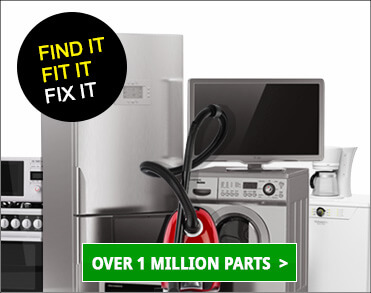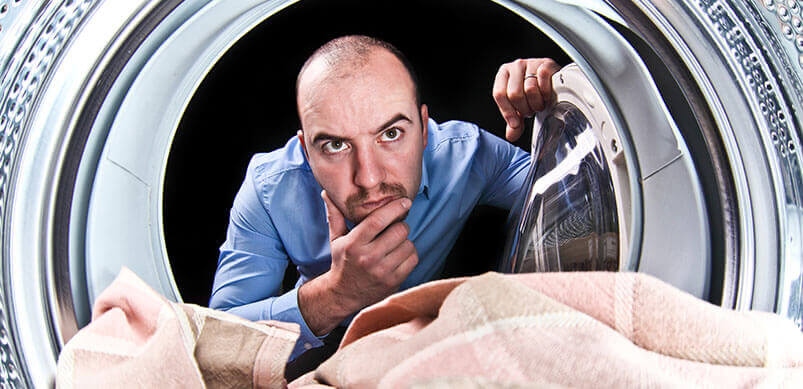
22 things you didn't realise could break your appliances!
June 24, 2020 | Uncategorized | No comments
We’ve all been there. Your washing machine breaks down just as you’re about to put a wash on, you realise your fridge is no longer cold just before dinner or your oven just won’t heat up your long-awaited chips!
Appliance faults are a pain in the bum and can happen for many reasons. But, what if we told you, that at times it was our own fault?
That’s right! Sometimes, the way we use our appliances or little things we do can cause them to develop a fault. Not to worry though. We’re here to put a stop to it! Here are 22 things we all do that could be harming our appliances.
Microwave
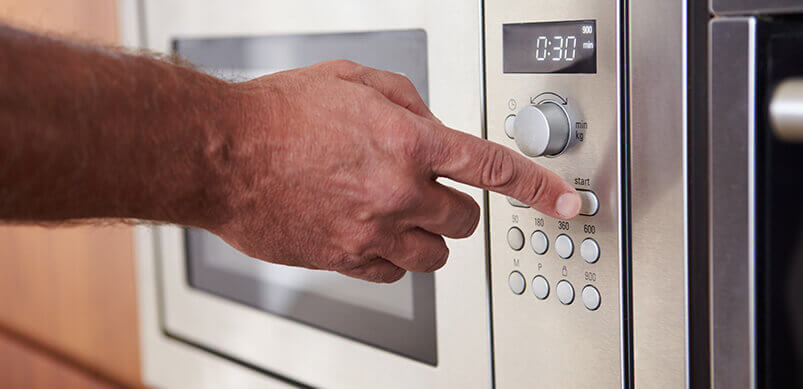
Heating small amounts of food
Heating smaller foods in your microwave can actually end up harming it. The excess energy finds itself with nowhere to go, so instead turns to the microwave itself. This damages the magnetron and can lead your appliance to stop working altogether!
To prevent this from happening, put one or two glasses of water in with any small portions of food to helps soak up the rest of the energy.
Not cleaning waveguide covers
Sorry, what are those? A waveguide cover is a metallic-like sheet located on the inside of your microwave. It allows the energy waves from the magnetron through to cook your food. If not cleaned regularly, it can prevent food from being cooked evenly or stop the appliance working altogether. Be sure to set aside some time to give it a good scrub! If it becomes burnt or damaged, it may need replacing.
Using the wrong cleaning products
Using cleaning products that include baking soda or other small particles can corrode the inside of your microwave. It’s best to clean it with a sponge and soapy water or a specific microwave cleaner instead.
Washing Machine
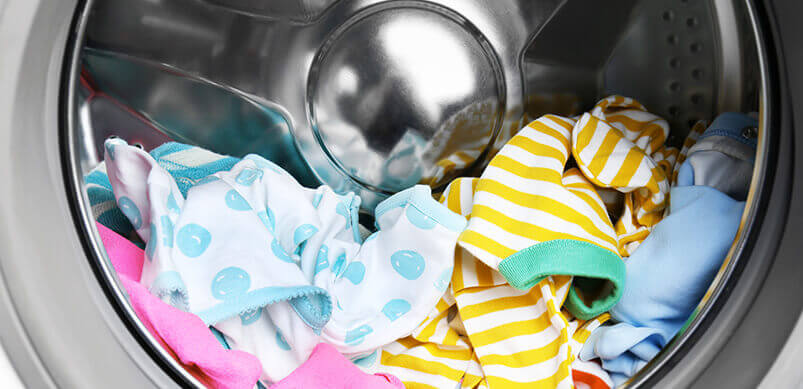
Shoving too many things in your washing machine can mean it has to work harder and could result in wear and tear. Working harder also means it’s using more energy so it’s not only damaging your machine but costing you money too. So if you’re thinking just one more sheet won’t hurt, it actually will!Not removing limescale
While your washing machine is cleaning your clothes, it also needs cleaning too! A build-up of limescale and detergent in your machine can lead to it not working as it should, breaking down or even unpleasant smells! Clean it regularly with a cleaner and descaler and keep it working at its best.
Slamming the door
Slamming your washing machine door to ensure it’s shut (or maybe you’re just having a bad day) can harm your machine. The door catch could become lose and it could also damage switches. Remember to be gentle next time!
Not resting between cycles
When you’ve got a lot of washing, it’s hard not to stick in one wash after another! Try to spread it out through the day and give your washing machine at least 2 hours rest in between. Constant washing can affect the motor and drive belt, making them worn and unusable.
Fridge

Not leaving space behind the fridge
If your fridge is too close to the wall it could cause it to overheat. Leave at least 2-2.5 inches from the fridge to the wall to prevent the motor from becoming too hot.
Overpacking
After your big shop, you may find yourself playing Jenga to try and fit everything in your fridge! An over-packed fridge may be good for you but it’s not good for your appliance. There needs to be space for air to circulate. Not only will a fully-packed refrigerator have to work harder, but products will also go bad due to insufficient cooling. Check out these genius space-saving hacks to help you to make room in your fridge.
Not cleaning the coils
The coils at the back of the fridge can get clogged with dust and dirt meaning your appliance has to work harder to stay cool. This can lead to faults with your fridge as well as higher energy bills. Regularly clean the coils by vacuuming to remove dust and wiping them down with a cloth.
Dishwasher
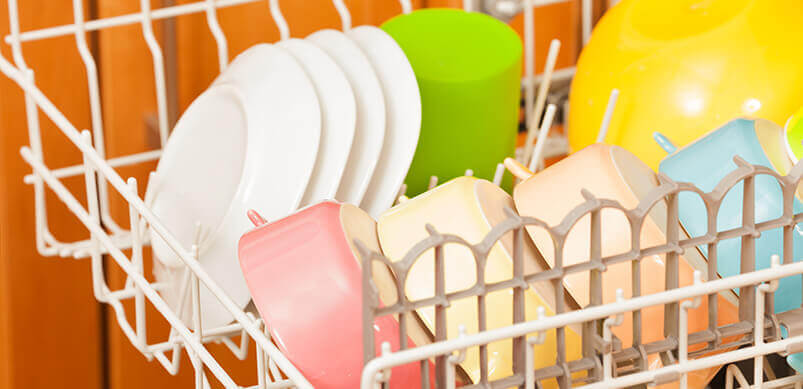
Not removing food
Yes, it’s your dishwasher’s job to clean your cups, plates and cutlery but, be sure to clear food before you put them in. Leftover food on plates and cutlery can clog the filter and lead to your dishwasher developing a fault. And no one wants to wash up by hand!
Not removing boiled protein
One thing to make sure you remove is boiled protein. This is anything from egg, soy, dried banana and high-potassium or protein items. Dishwashers struggle to remove these foods which can clog the filter and leave your dishes dirty rather than clean!
Not knowing about your water
It’s a good idea to know whether you live in a soft or hard water area. It will help you to use the washing modes more effectively and regulate the consumption of the washing detergent. Here’s how to find out.
Oven
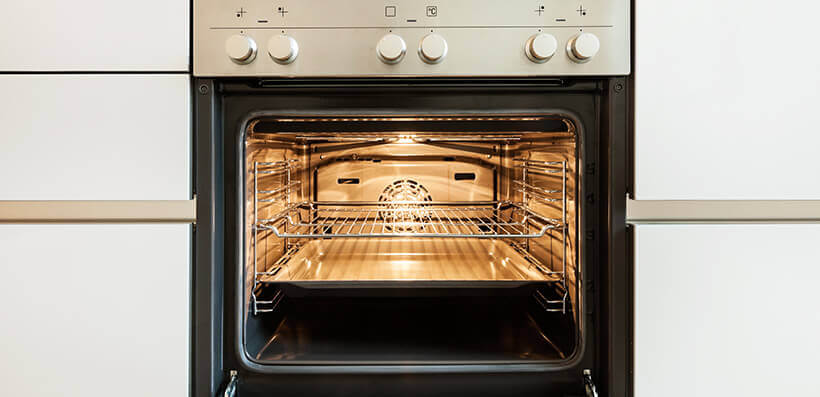
Using it for heating
A warm oven means a warm home! But if you’re using it solely for this reason, it could damage your machine. It leads to the wearing out of the rubber bands and internal machinery of your oven and is also a fire hazard. Wrap up warm and stick the heating on instead!
Not cleaning away grease
Not only does a dirty oven look bad, but it’s also dangerous for your oven. Uncleaned grease hardens on the heating element and reduces the efficiency of the appliance. Regularly clean your oven to reduce grease build-up and prolong its life.
Not knowing your flame
Pay attention to the colour of the flame in your oven. It should be blue, not red or orange. A change in the colour of the flame indicates serious issues such as a lack of oxygen, sedimentation of soot and many other problems.
Toaster
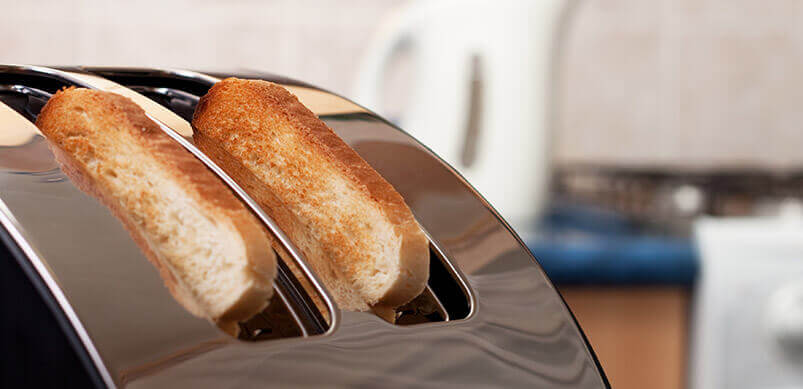
Not cleaning out crumbs
If you can smell burning when you use your toaster, it could be due to a build-up of crumbs. Too many crumbs can affect the functioning of your toaster. Make sure you regularly empty out the crumb tray and wipe underneath.
Toasting glazed or buttered bread
Never toast glazed or buttered bread. This could break your machine and even be a fire hazard. Instead, use your toaster oven or toaster bags.
Using cutlery to remove food
Never ever ever (have we said it enough) use a knife or fork to remove food from your toaster. The heating element is one large thin wire that can easily be damaged and it causes a risk to your safety.
Vacuum

Not replacing your HEPA filter
HEPA (high-efficiency particulate air) filters can trap a large number of very small particles so they don’t recirculate back into the air of your home. You will need to replace your HEPA filter every 6 months or more often if you vacuum your home a lot. If not replaced, the sucking strength will decrease and the dust will go back into the air.
Vacuuming the wrong things
Vacuuming is an easy solution for mess. But there are some things that you should never use your vacuum for as they can clog your machine and damage the motor. Never vacuum things like coffee grounds, plant debris, fireplace ash, construction dust, coins or liquids. Use a broom and dustpan or mop to clean them instead.
Reusing vacuum bags
Reusing vacuum bags can be tempting. But, it can damage your vacuum motor and even release the dust back into your air. Be sure to stay stocked up on vacuum bags and replace when they become full.
We’re all guilty of a few (if not all) of these appliance uses. So, now we know we hope this helps you and your appliance have a long and happy life together!
If it has developed a fault, not to worry, our advice centre has plenty of ways to help you diagnose and fix it yourself.

